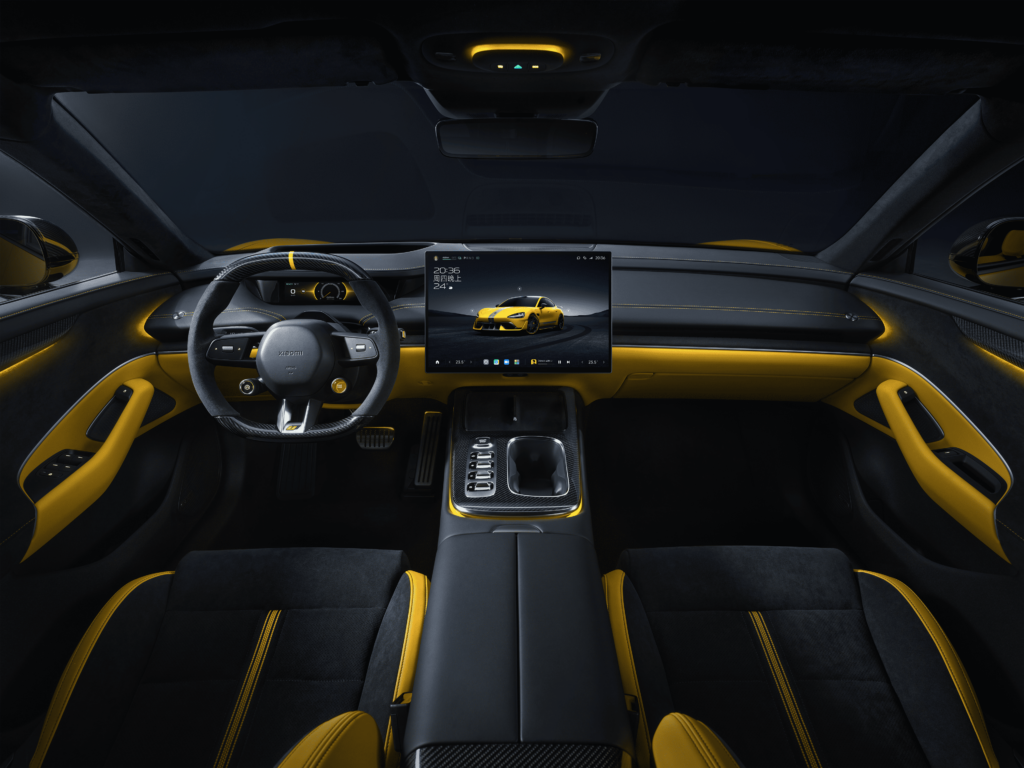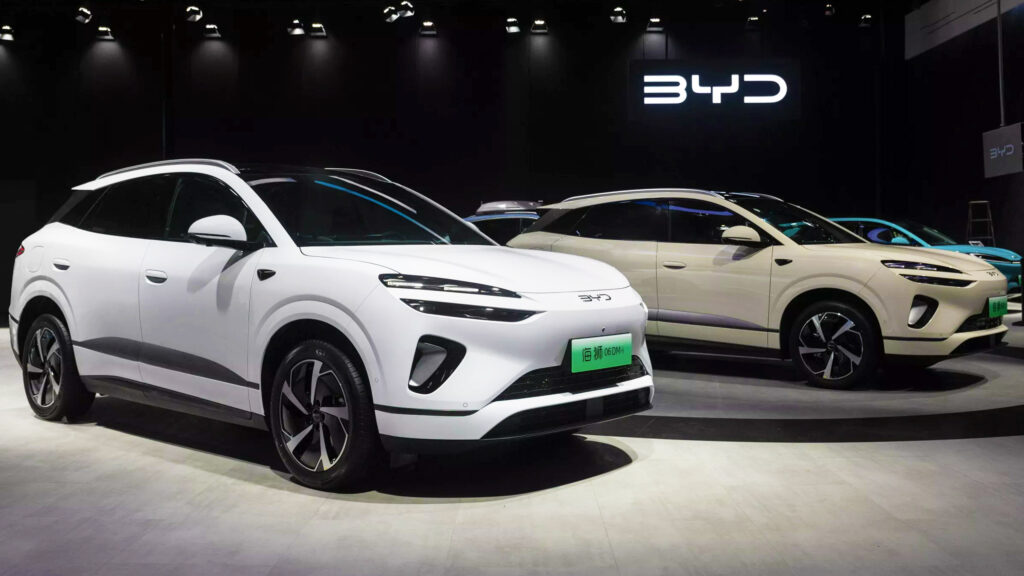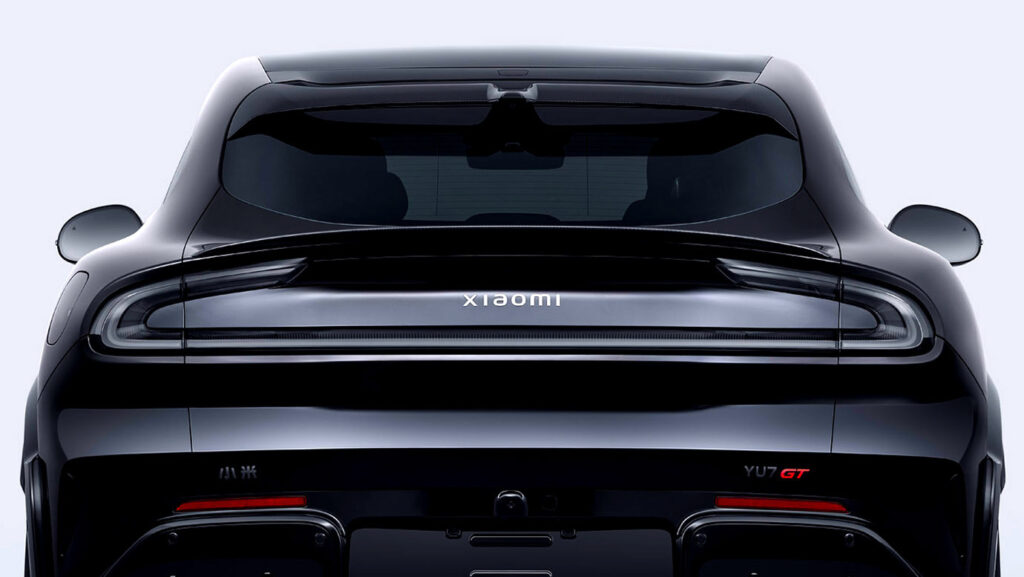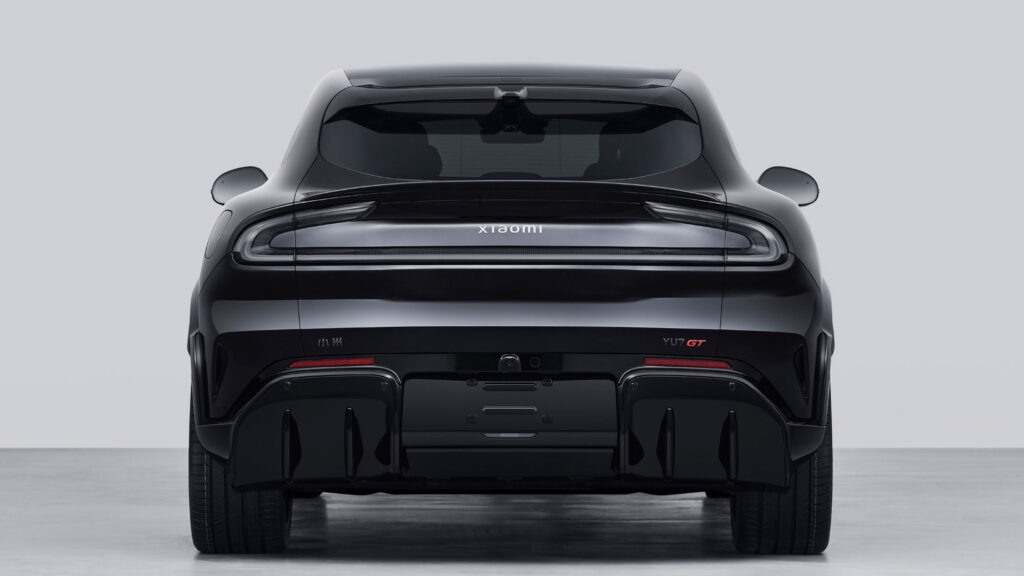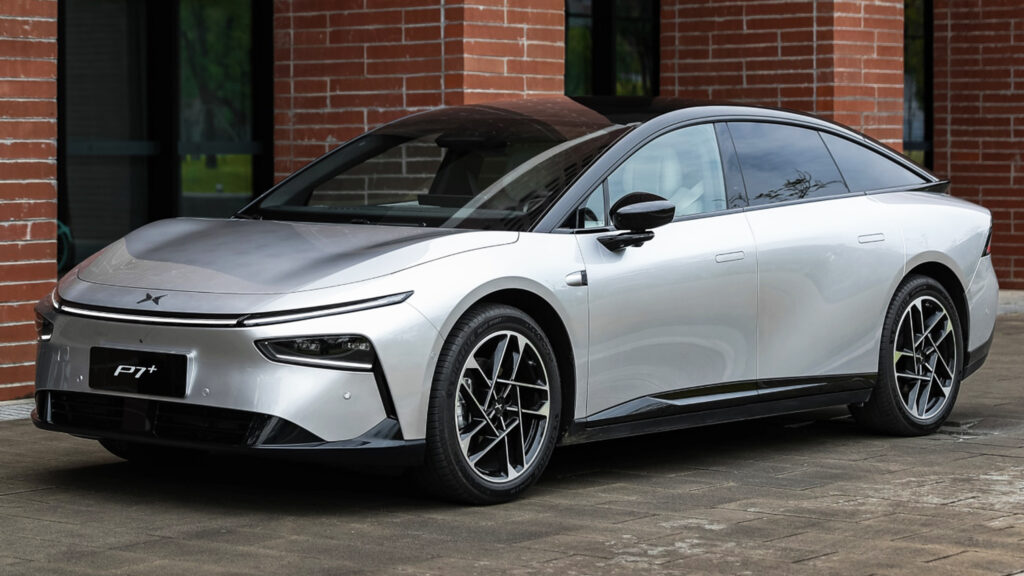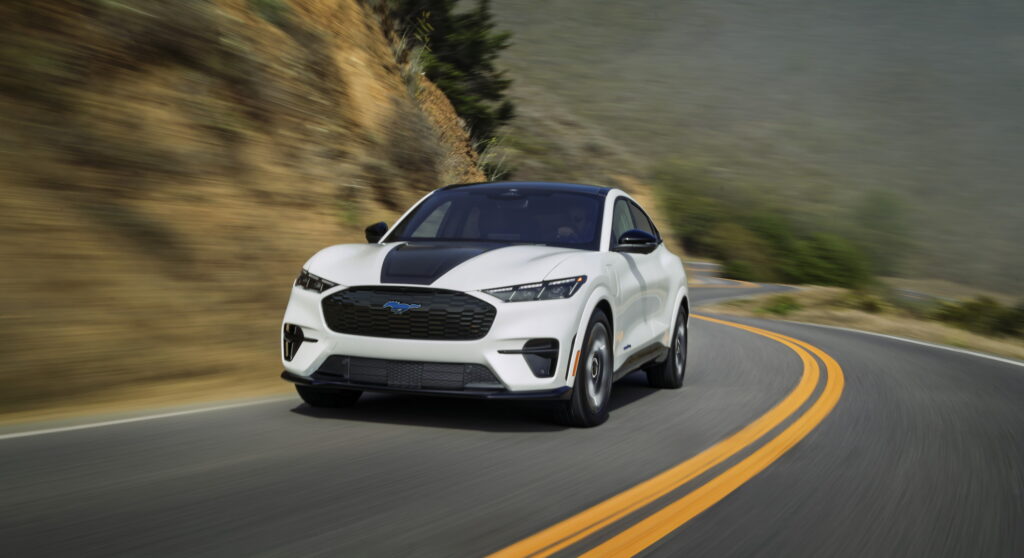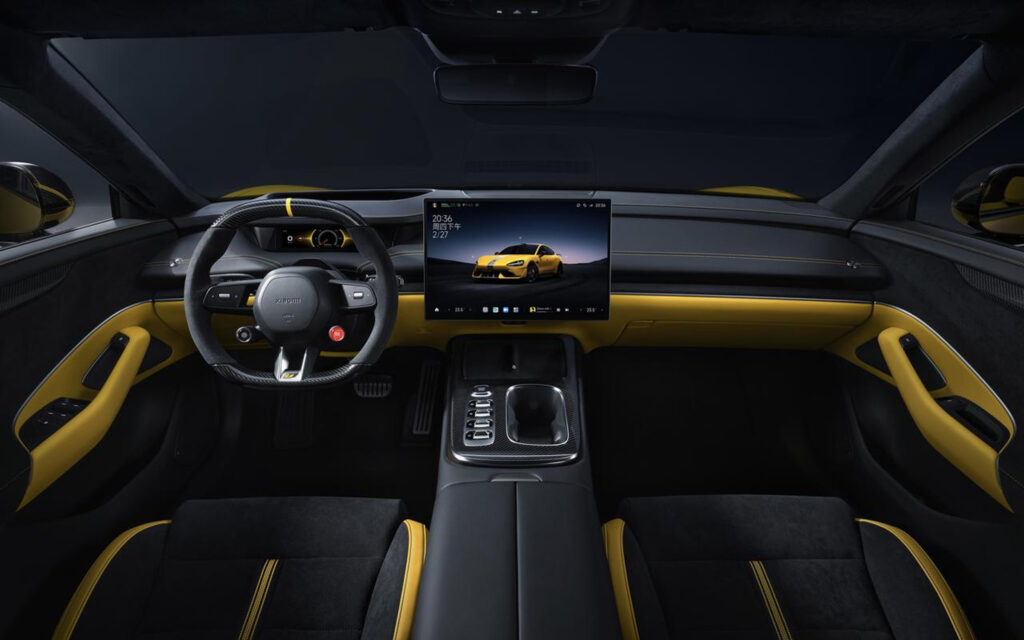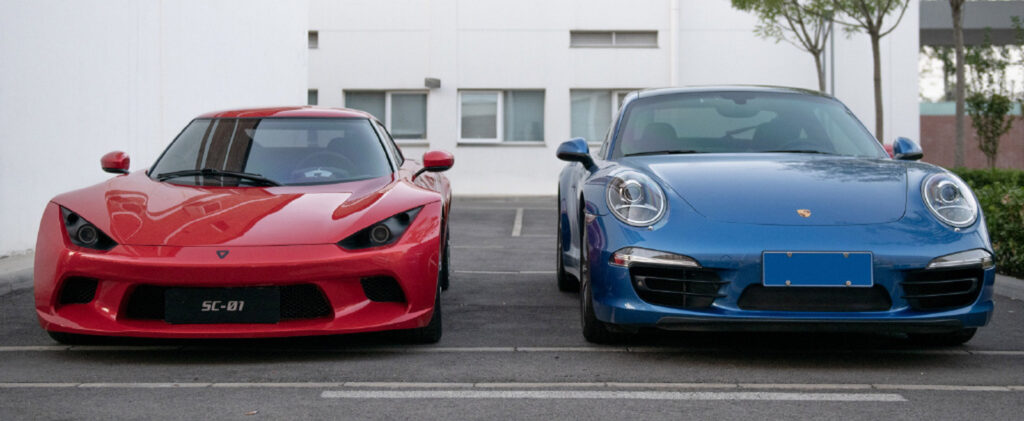Tesla Faces A Reckoning As This New SUV Outsold The Model Y Two To One

- Chinese tech giant sold 37,869 YU7s in the first month of the year.
- Geely placed two strong sellers in the national top five chart.
- VW posted several top sellers despite the wider market slowdown.
January tested the resilience of China’s auto market, exposing fault lines for some brands while spotlighting the rare breakout success. Many domestic manufacturers reported sales declines, with BYD among the most notable names to feel the squeeze. Yet even in a cooling climate, certain models found remarkable momentum. None more so than the Xiaomi YU7.
The all electric SUV, positioned as a rival to the Tesla Model Y and styled with more than a passing resemblance to the Ferrari Purosangue, was the best-selling new vehicle in China last month.
Read: This Ferrari SUV Lookalike From China Makes More Power Than The Real One
According to figures shared by Autohome, it moved 37,869 units, comfortably ahead of the Geely Boyue L in second place with 34,176 sales. The Geely Geome Xingyuan followed with 29,007, while the Aito M7 secured fourth with 26,454 units.

The presence of two Geely models in the top 5 best-sellers reflects a strong month for the group, with sales up 1 percent year-on-year to more than 270,000 units. The M7 from Aito, backed by Huawei and Seres, also surged in popularity, as did other models from the brand, helping it deliver more than 40,000 vehicles, a surge of over 80 percent from January 2025.
Sales of the YU7 in China have remained strong in recent months. December saw 39,089 units sold, making it the third best selling new car in China at the time. That figure represented a clear rise from November’s 33,729 and October’s 33,662.
It has also moved decisively ahead of the Tesla Model Y, selling more than twice as many units. The Model Y ranked only 20th last month, with 16,845 sales, a result that would have seemed unlikely not long ago. In fact, it was China’s best-selling model in December.
Familiar Names Climb The Charts

Perhaps the biggest surprises came from Volkswagen. It ranked fifth in China’s top 20 best-selling cars last month, led by the Sagitar with 25,316 units sold. VW also sold 23,481 Lavidas, 21,330 Tiguan Ls, 20,799 Passats, and 19,306 Magotans. In addition, the Nissan Slyphy sold 24,209 units, indicating that not all hope is lost for legacy carmakers in the country.
Things weren’t so rosy for BYD. It sold 205,518 vehicles in China last month across its brands, a significant decline from the 300,538 in January 2025. Only one of its models entered the top 20, the Fang Cheng Bao Ti7, which ranked 18th with 17,116 units sold.
China New Car Retail Sales January 2026
| Rank | Model | Units |
| 1 | Xiaomi YU7 | 37,869 |
| 2 | Geely Boyue L | 34,176 |
| 3 | Geely Geome Xingyuan | 29,007 |
| 4 | Aito M7 | 26,454 |
| 5 | Volkswagen Sagitar | 25,316 |
| 6 | Nissan Sylphy | 24,209 |
| 7 | Geely Xingyue L | 23,815 |
| 8 | Volkswagen Lavida | 23,481 |
| 9 | Volkswagen Tiguan L | 21,330 |
| 10 | Volkswagen Passat | 20,799 |
| 11 | Toyota Corolla | 20,188 |
| 12 | Volkswagen Magotan | 19,306 |
| 13 | Geely Xingrui | 19,027 |
| 14 | Honda CR-V | 18,900 |
| 15 | Toyota Frontlander | 18,629 |
| 16 | Nio ES8 | 17,645 |
| 17 | Toyota Camry | 17,426 |
| 18 | Fang Cheng Bao Ti7 | 17,116 |
| 19 | Li Auto i6 | 16,883 |
| 20 | Tesla Model Y | 16,845 |

